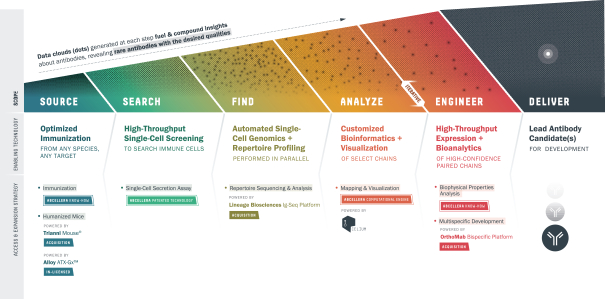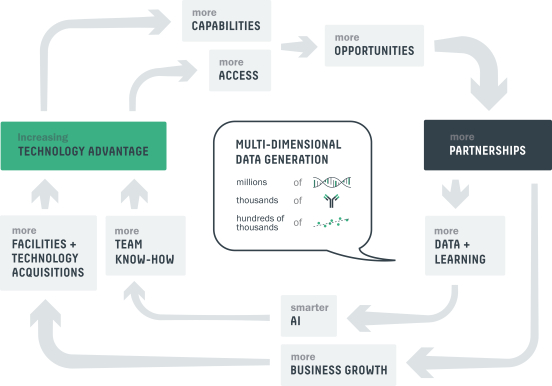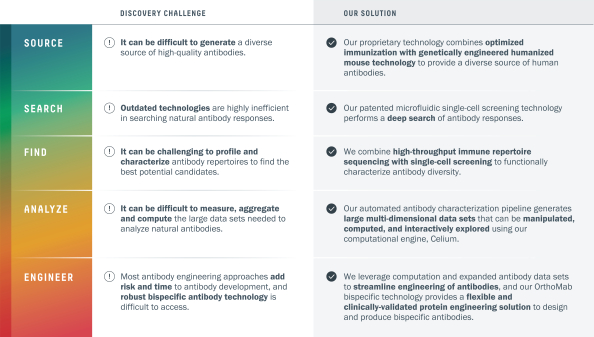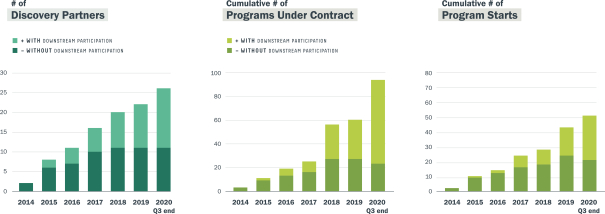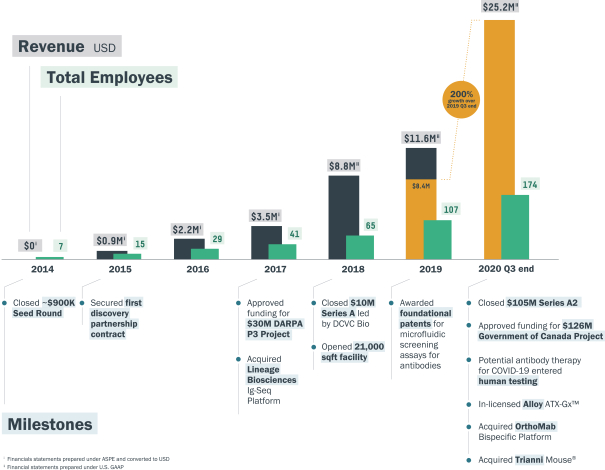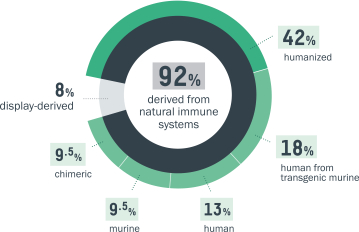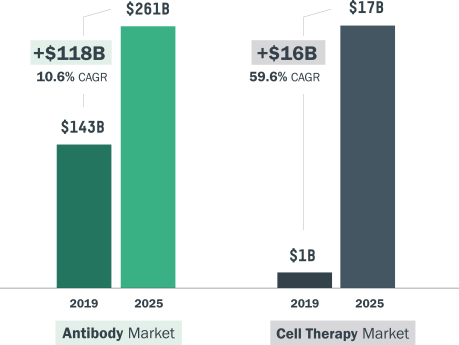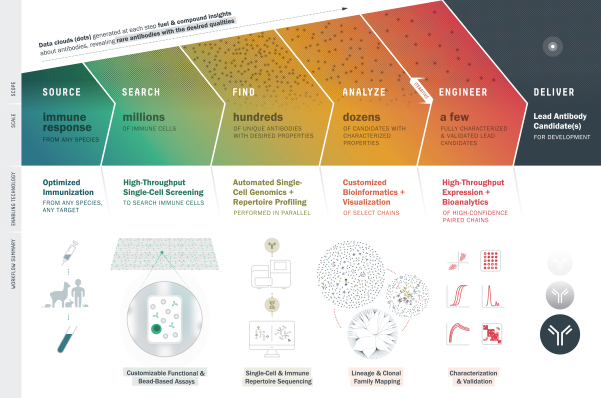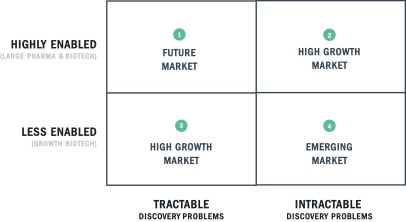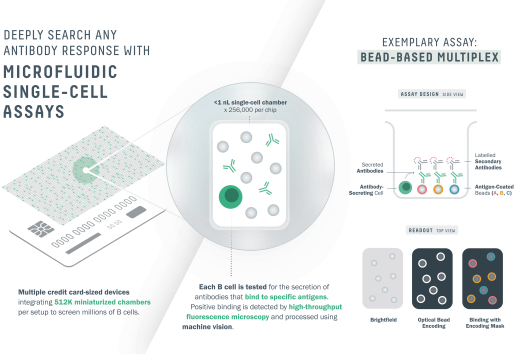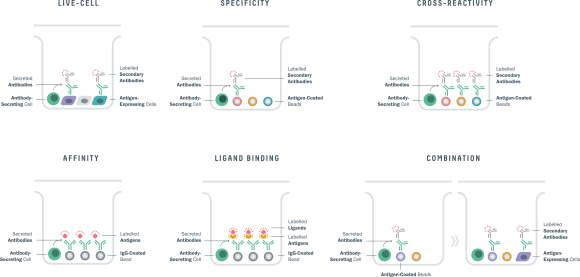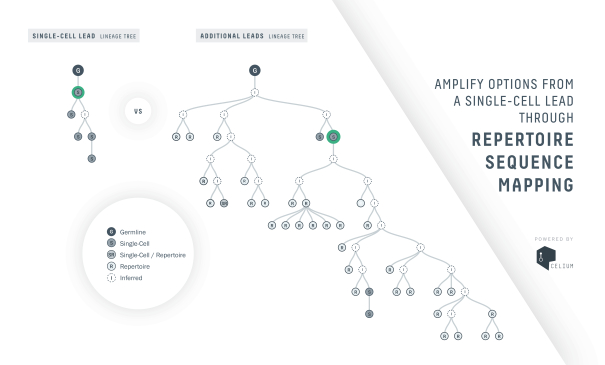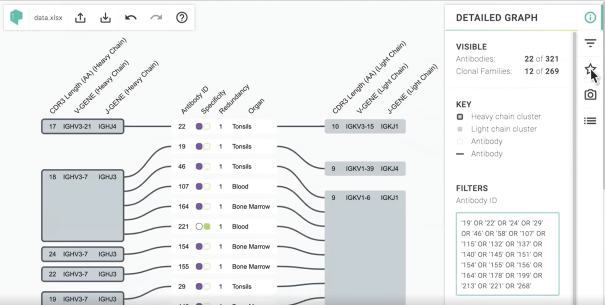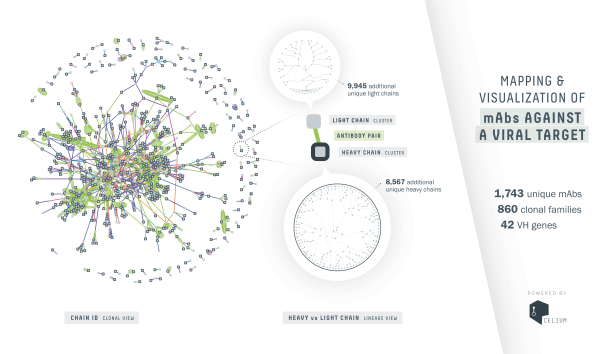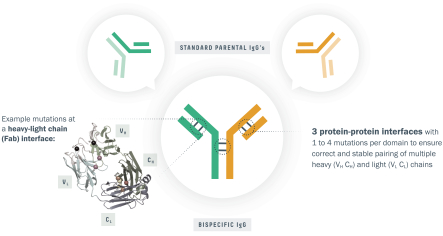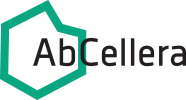systems, workflows, consumables and reagent kits. Under the applicable law of certain jurisdictions, the scope of a patent claim is determined by an interpretation of the law, the written disclosure in a patent and the patent’s prosecution history. Our interpretation of the relevance or the scope of a patent or a pending application may be incorrect, which may negatively impact our ability to market our technologies. We may incorrectly determine that our technologies are not covered by a third party patent or may incorrectly predict whether a third party’s pending application will issue with claims of relevant scope. Our determination of the expiration date of any patent in the United States or abroad that we consider relevant may be incorrect, which may negatively impact our ability to develop and market our technologies.
There can be no assurance that we will prevail in any suit initiated against us by third parties, successfully settle or otherwise resolve patent infringement claims. A court of competent jurisdiction could hold that third party patents are valid, enforceable and infringed, which could materially and adversely affect our ability and the ability of our licensor to commercialize any technology we may develop and any other technologies covered by the asserted third-party patents. Third parties making claims against us may be able to obtain injunctive or other relief, which could block our ability to develop, commercialize and sell data packages, and could result in the award of substantial damages against us, including treble damages, attorney’s fees, costs and expenses if we are found to have willfully infringed. In the event of a successful claim of infringement against us, we may be required to pay damages and ongoing royalties, and obtain one or more licenses from third parties, or be prohibited from selling certain products or services. We may not be able to obtain these licenses on acceptable or commercially reasonable terms, if at all, or these licenses may be non-exclusive, which could result in our competitors and other third parties gaining access to the same intellectual property. In addition, we could encounter delays and incur significant costs in service introductions while we attempt to develop alternative processes, technologies or services, or redesign our technologies or services, to avoid infringing third party patents or proprietary rights. Defense of any lawsuit or failure to obtain any of these licenses or to develop a workaround could prevent us from commercializing products or services, and the prohibition of sale or the threat of the prohibition of sale of any of our data packages could materially affect our business and our ability to gain market acceptance for our technologies. Furthermore, because of the substantial amount of discovery required in connection with intellectual property litigation or administrative proceedings, there is a risk that some of our confidential information could be compromised by disclosure.
In addition, our agreements with some of our partners, suppliers or other entities with whom we do business require us to defend or indemnify these parties to the extent they become involved in infringement claims, including the types of claims described above. We could also voluntarily agree to defend or indemnify third parties in instances where we are not obligated to do so if we determine it would be important to our business relationships. If we are required or agree to defend or indemnify third parties in connection with any infringement claims, we could incur significant costs and expenses that could adversely affect our business, financial condition, results of operations and prospects.
Any uncertainties resulting from the initiation and continuation of any litigation or administrative proceeding could have a material adverse effect on our ability to raise additional funds or otherwise have a material adverse effect on our business, results of operations, financial condition and prospects.
The outcome of our litigation with Berkeley Lights may adversely affect our business, financial condition, results of operations and prospects.
In July 2020, we filed a complaint against Berkeley Lights, Inc., or Berkeley, in the United States District Court for the District of Delaware, alleging that Berkeley infringed and continues to infringe, directly and indirectly, the following patents exclusively licensed by the Company, including U.S. Patent Nos. 10,107,812; 10,274,494; 10,466,241; 10,578,618; 10,697,962; 10,087,408; 10,421,936 and 10,704,018, by making, using, offering for sale, selling and/or importing Berkeley’s Beacon Optofluidic System. In August 2020, we filed an additional related complaint against Berkeley in the United States District Court for the District of Delaware, alleging that Berkeley infringed and continues to infringe, directly and indirectly, U.S. Patent Nos. 10,718,768;
46

